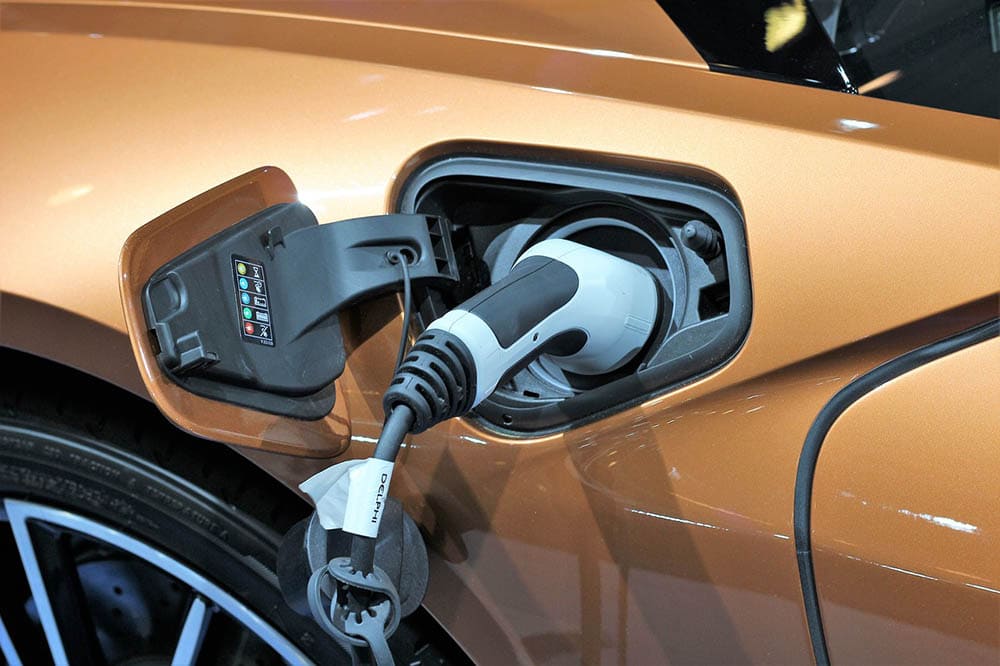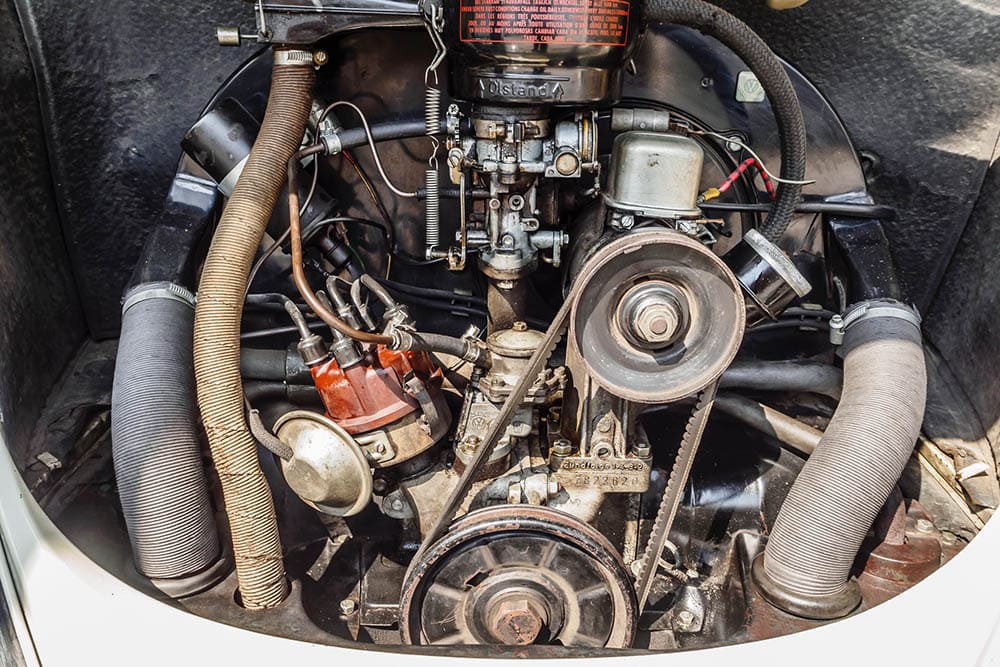Why Is My Car Shaking When Idle? 6 Possible Reasons
-
Shea Cummings
- Last updated:

It can be unnerving sitting at a stop sign, and your vehicle starts shaking while it’s idling. Sometimes it’s a subtle shake, but other times it can feel like your car is about to fall apart. Eventually, a vehicle will begin to idle rough even with proper maintenance.
Sometimes a rough idle is a straightforward fix, whereas other times, it can signal something serious going on in the vehicle’s engine. Below we’ve gathered six common culprits to a rough idle.
Possible Reason for a Rough Idle
The thing about vehicles is there are so many potential things that could go wrong. It often takes a professional to diagnose and fix a car. However, these six possible reasons for a rough idling vehicle will give you an idea of what to expect from a mechanic. Some of them are even DIY-friendly.
The 6 Reasons Why Your Car Is Shaking When Idle
1. Worn Out Electrical Components

A gas-powered vehicle runs on combustion, and a couple of different components work together to accomplish this. Ignition coils, wiring, and spark plugs all play crucial roles in combustion.
In most vehicles, it’s not too difficult to change spark plugs yourself. Just confirm whether or not your particular vehicle has a torque spec to follow. It’s good preventative maintenance to do this every 30,000 to 50,000 miles.
However, a spark plug or ignition coil can wear out sooner. If your vehicle is shaking while it idles, checking the condition of the spark plugs or having the coils tested is a good, inexpensive first step.
2. Dirty or Clogged Air Filter
In addition to the combustion, a vehicle also needs good air intake. The air filter is responsible for ensuring that no dirt gets into the engine. However, as it filters stuff, it gets dirty over time. Shaking while idling could be caused by a dirty or clogged air filter.
Depending on what kind of air filter your vehicle has, it can either be cleaned, or you’ll need to replace it. As a rule, most foam filters can be washed with a special cleaner and then re-oiled.
An air filter can affect the idling performance of your vehicle. Also, a dirty air filter will cause your fuel economy to go down. When an air filter deprives your engine of air, it causes it to run rich. Which, in turn, causes it to burn more fuel. This can also lead to fouling spark plugs sooner.
In most vehicles—especially older ones—checking and replacing the air filter is a simple process that almost anyone can do. With any luck, the air filter is dirty and needs to be changed for an efficient and smooth idling engine again.
3. Dirty Fuel System Components

The fuel system components in your vehicle will depend on whether it’s a fuel-injected vehicle or carburated. Most new vehicles are fuel-injected, so dirty injectors are a potential cause of shaking while idling.
Other potential fuel components that could cause the rough idle would be a dirty throttle body or carburetor. All of these things will take an experienced person to diagnose and fix. So, unless you’ve got some mechanical knowledge, you’ll be finding a reliable shop.
4. Worn Out or Broken Motor Mounts
Several motor mounts hold your vehicle’s engine in place on the frame. These mounts generally have some flex and cushioning to account for the natural movement of the motor as it’s running.
If one of these starts to wear out or breaks, it will cause that shaking to be uncontrolled. In which case, you’ll notice a very rough idle while stopped. In addition, you’ll also notice a lot of shaking while driving, especially while accelerating.
Broken or worn-out motor mounts need to be addressed right away because a lot of damage can happen if they are left unfixed.
5. Timing Belt

Old vehicles had timing chains, but most new vehicles have timing belts due to easier maintenance and lower cost. However, because they are belts, they can suffer the same fate as other belts.
The timing belt is responsible for ensuring that each piston’s position matches the opposite valve position for the proper function of the engine. If this belt lets go and you continue to operate the vehicle and will cause catastrophic damage.
However, if the belt is only wearing out or slipping, you’ll notice a rougher idle because the engine timing will be off slightly. Fixing a timing belt is a fairly big task, so unless you’re experienced, a qualified mechanic should do the work.
With a timing belt, preventative maintenance is key to preventing further damage.
6. Oxygen (O2) Sensor Malfunction
The O2 sensor is part of your emissions system that records how much oxygen is present in the exhaust. Once it has this information, it relays that to the vehicle’s internal computer. Then the computer adjusts the air-to-fuel ratio.
If the O2 sensor starts to malfunction, it will be sending incorrect info to the computer, and the fuel mixture will be off. If the fuel mixture is too rich or lean, the vehicle will potentially shake while it idles.
 Conclusion
Conclusion
While a shaking car can be alarming, it’s not always an emergency. That being said, if your car typically runs very smooth and suddenly has a rough idle, it’s important to either troubleshoot or have someone troubleshoot the problems right away to prevent an expensive repair bill.
You may be tempted to fix this idling issue yourself because many car problems are simple DIY fixes. However, without the proper tools and knowledge, there is a high potential that more damage would be done with an incorrect diagnosis or fix.
- https://www.motorverso.com/car-shakes-at-idle-but-smooths-out-while-driving/
- https://www.sundevilauto.com/reasons-your-car-is-vibrating-when-idle/
- https://www.philsservice.com/killeen-2ndst/blog/why-does-my-engine-shake-when-idle#:~:text=Often%2C%20your%20car%20shakes%20when,result%2C%20your%20engine%20can%20misfire.
Featured Image Credit: riopatuca, Shutterstock
Contents
